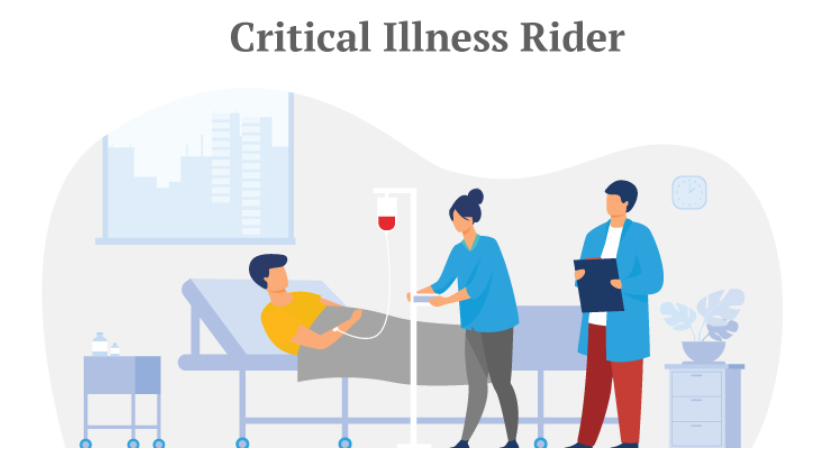As you enjoy your golden years, perhaps filled with sunny mornings on the golf course or serene walks through nature, it’s also wise to consider the less carefree aspects of aging, such as health care planning. As we age, our health inevitably declines, and being prepared is crucial. One effective tool for managing future health concerns is appointing a health care proxy.
What is a Health Care Proxy?
A health care proxy is a legal document that designates another person to make medical decisions on your behalf should you become unable to do so yourself. This appointed agent has the authority to handle medical decisions when you are incapacitated, whether due to being unconscious, suffering from dementia, or any other condition that impairs your ability to make decisions. This directive becomes active only under the circumstances where you are unable to make your own health care decisions, as certified by a medical professional. If you recover the ability to make decisions, the proxy’s decision-making power is suspended.
Distinction Between Health Care Proxy and Power of Attorney
It’s important to differentiate a health care proxy from a power of attorney:
- A power of attorney grants someone the authority to make legal and financial decisions on your behalf. This arrangement can cover a wide range of activities, including managing finances, handling real estate transactions, and more.
- A health care proxy, specifically, grants authority only over medical decisions. This means the person you designate as your proxy will have no influence over your financial or legal matters unless they are also designated separately under a power of attorney.
Combining a health care proxy with a power of attorney can be strategic, ensuring that someone can seamlessly manage both your health care and financial affairs if you become incapacitated.
Health Care Proxy vs. Living Will
A living will is another type of advance directive that specifies your preferences for medical treatment, particularly life-sustaining treatment, under certain medical conditions. It differs from a health care proxy in that it conveys your wishes directly, without appointing a surrogate to make decisions. Living wills can sometimes be vague or difficult to interpret, making them less effective in emergencies where rapid decisions are needed.
Due to potential ambiguities in living wills, many experts recommend appointing a health care proxy, as a trusted individual can make real-time decisions that align with your preferences under the specific circumstances of your medical condition.
Choosing Your Health Care Proxy
Selecting a health care proxy involves more than just naming someone in a document. It requires:
- Understanding their role: Your proxy will make decisions about your medical care based on your values and desires. This can include decisions about life support, surgical procedures, and other medical interventions.
- Communicating your wishes: Discuss in-depth with your potential proxy about your health care preferences, end-of-life care, and other important considerations. Ensure they understand and are willing to abide by your wishes.
- Legal considerations: Depending on your state’s laws, the health care proxy form may need to meet specific requirements, such as being witnessed or notarized, to be legally valid.
Executing a Health Care Proxy
After selecting your proxy, the next step is to legally formalize their authority through the appropriate documentation, adhering to your state’s regulations. This might include filling out state-specific forms or integrating the proxy into broader estate planning documents.
Revoking or Changing a Health Care Proxy
It’s essential to know that you can change or revoke your health care proxy at any time. This flexibility allows you to adapt to new circumstances or relationships. Methods for revocation can include destroying the document, creating a new one, or formally notifying your health care provider and your proxy of the change.
Final Thoughts on Health Care Proxies
Establishing a health care proxy is a proactive step towards ensuring your medical care aligns with your wishes when you might not be able to express them yourself. By carefully selecting and legally appointing someone you trust to act on your behalf, you can secure peace of mind for yourself and your loved ones regarding future health care decisions.



